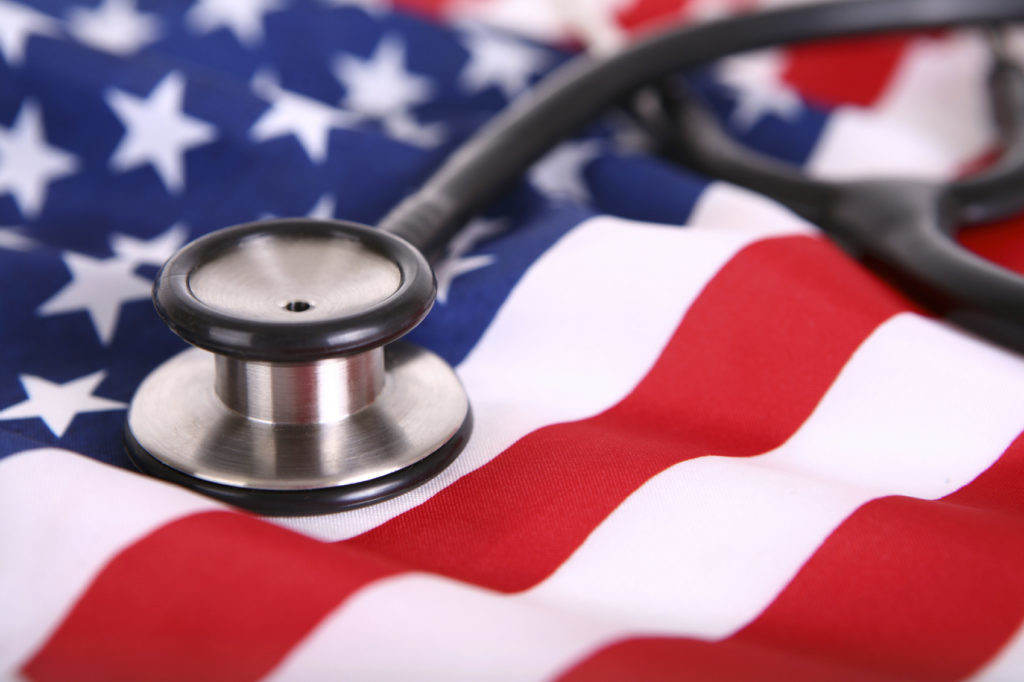America’s military veterans are experiencing a healthcare crisis. This may seem strange, considering that we have an entire service committed to caring for veterans – Veterans Affairs – yet too many struggle to access appropriate treatment, a situation that’s equally true regarding both physical and mental health. However, when we consider the many barriers that keep veterans from taking advantage of these services, just how badly our system is failing becomes obvious.
Physical Isolation
One of the major reasons why veterans don’t take advantage of VA healthcare services is location. Though there are over 1200 VA healthcare centers, especially in rural areas, they may be too far from where our veterans live for them to reach them easily. Furthermore, since veterans in rural areas are typically older and less educated than their urban counterparts, they are also the least equipped to navigate the system. They’re also more likely to be in failing health, making it difficult for them to travel to these facilities.
Lack Of Trauma-Informed Care
Another common healthcare issue that veterans face is a lack of trauma-informed care. Though trauma-informed care is most commonly discussed in mental health, when treating veterans, it should serve as an important consideration regardless of the specialty. For example, many veterans require physical rehabilitation services due to injuries sustained during war, but due to PTSD, they may struggle to participate in treatment.
One strategy that could make rehabilitation services more accessible to veterans who don’t have access to VA-based services could be using video recording software to train physical therapists in appropriate strategies for treating veterans. Doctors in locations far from VA programs might also use video conferencing to collaborate with specialist providers so that they can better support their patients.
Communication Challenges
Though most people recognize that a large portion of soldiers have PTSD and there is growing awareness of the lasting impact of traumatic brain injuries from IED explosions, one commonly overlooked health problem among vets is hearing loss, but it shouldn’t come as a surprise. Guns, bombs, helicopters, and other military equipment is loud and frequent exposure to such noise levels can damage an individual’s hearing with just a few exposures. For those who have spent years in a war zone, hearing can be severely compromised. This can make communication challenging and could discourage veterans from attending doctors’ appointments because they are embarrassed and frustrated by this.
Doctors can mitigate the effects of hearing loss on patient attendance and compliance by offering multiple communication strategies, including writing and sign language, regularly screening military veterans for hearing loss, and by simply addressing hearing issues head-on. It’s easy for veterans to assume they’re alone in their struggles, but when doctors discuss these problems and connect patients with community services and support groups, it can help lift an invisible weight.
We can’t end the healthcare crisis among veterans overnight, but there are changes we can make at both the systemic and individual level that can help patients get the care they deserve. Our veterans put their lives on the line, and they deserve to be cared for no matter the challenges.

 2018 ·
2018 ·
Leave a Reply